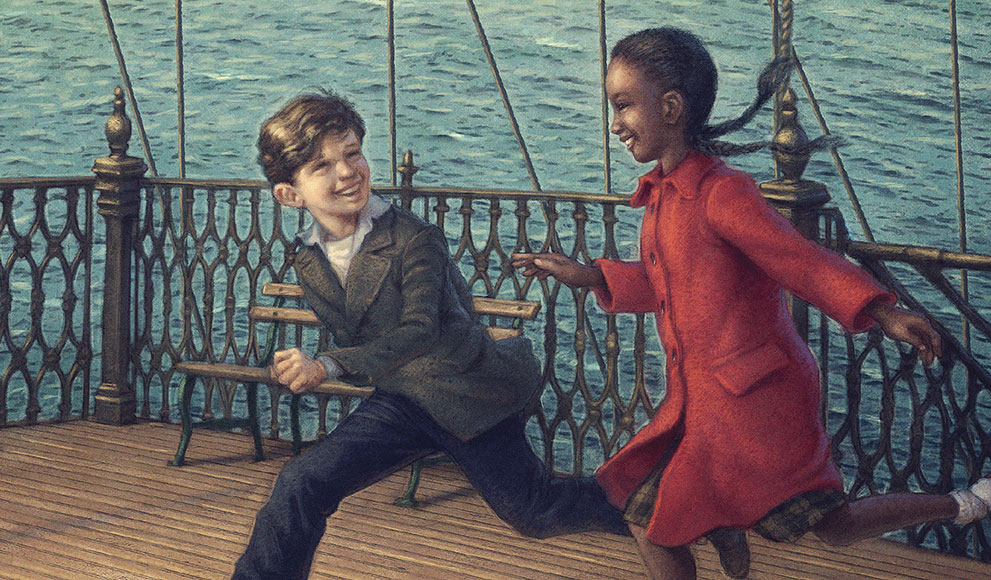Wellesley Professor Pens New Novel Inspired by Father’s Experiences in America After Escaping Nazi-Occupied France

New Work is Companion Volume to Her Award-Winning Novel, Black Radishes
WELLESLEY, Mass.--Susan Lynn Meyer, award-winning children’s author and professor of English at Wellesley College, has published a second young adult novel, Skating with the Statue of Liberty with Penguin Random House (April 2016). In this powerful companion volume to the Sydney Taylor Honor Award winner Black Radishes, Gustave, a Jewish refugee boy who has fled Nazi-occupied France, faces racism and anti-Semitism in New York City during World War II, but ultimately finds friendship and hope. The book was named a Junior Library Guild Selection for 2016 and follows close on the heels of the news that Meyer’s 2015 picture book, New Shoes, won the 2016 Jane Addams Book Award, an honor given by the Jane Addams Peace Association for the most outstanding children's book that promotes peace and justice. Meyer’s book comes at a time when young adults are surrounded by discussions of intolerance and reminders of the nation’s history of treating immigrants displaced by war.
An English professor at Wellesley College since 1989, Meyer teaches courses in nineteenth-century British literature, early twentieth-century American literature, and creative writing, particularly writing for children. As a literary critic, Meyer focuses on Victorian and American literature, with a particular interest in the relationship between literature and history, as well as the intersections between race and gender. Her book, Imperialism at Home: Race and Victorian Women’s Fiction, examines how race relations are used as a metaphor for the relationships between men and women in the fiction of Charlotte Brontë, Emily Brontë, and George Eliot.
About Skating with the Statue of Liberty, from Penguin Random House:
It is January 1942, and Gustave, a twelve-year-old Jewish boy, has made it to America at last. After escaping with his family from Nazi-occupied France, after traveling through Spain and Portugal and across the Atlantic Ocean, he no longer has to worry about being captured by the Germans. But life is not easy in America, either. Gustave feels out of place in New York. His clothes are all wrong, he can barely speak English, and he is worried about his best friend, Marcel, also Jewish, who is in grave danger back in France. Then there is September Rose, an African American and the most interesting girl in school, who for some reason doesn’t seem to want to be friends with him. Gustave is starting to notice that not everyone in America is treated equally, and his new country isn’t everything he’d expected. But he isn’t giving up.
Wellesley College Media Relations Contacts:
Sofiya Cabalquinto, Wellesley College, 917-691-7558, scabalqu@wellesley.edu
Christopher Hennessy, Wellesley College, 781-283-3201, chenness@wellesley.edu
